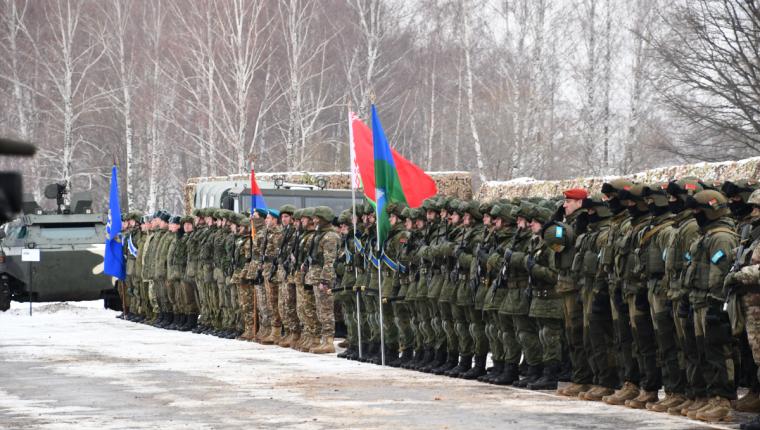
Kolosovskiy, Y. (2025). The Collective Security Treaty Organization and Counterterrorism in Central Asia: Assessing Russia’s Role in Regional Security. BRIQ Belt & Road Initiative Quarterly, 6(4), 383-408.

This work is licensed under a
Creative Commons Attribution 4.0 International License.
This study examines the efficacy of the CSTO in countering terrorism within Central Asia, with particular focus on Russia’s institutional leadership. Grounded in RSC theory, the analysis investigates the organization’s capacity to adapt to evolving security challenges, including the proliferation of transnational jihadist networks, emerging digital radicalization trends, and security issues persisting in Afghanistan and new challenges from Syria. Through qualitative case analysis and process-tracing methodologies, the research evaluates primary operational data and secondary sources to assess the CSTO’s institutional responses. The findings demonstrate that the CSTO maintains robust conventional response capabilities through its Russian-dominated security framework, and systemic vulnerabilities persist in addressing contemporary hybrid threats. These include deficiencies in cyber counterterrorism measures, inconsistent intelligence coordination among member states, and weak deradicalization strategies. The study further reveals how shifting regional security dynamics, influenced by both internal developments and external threats, challenge the organization’s traditional operational paradigms. Based on these findings, the research proposes policy recommendations.
